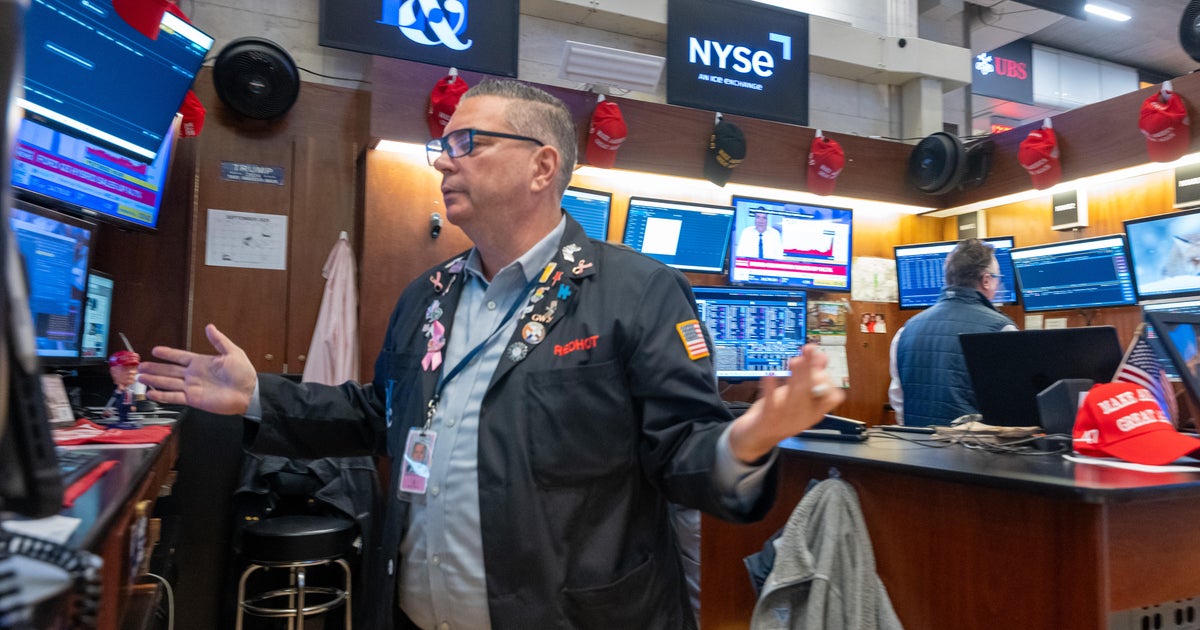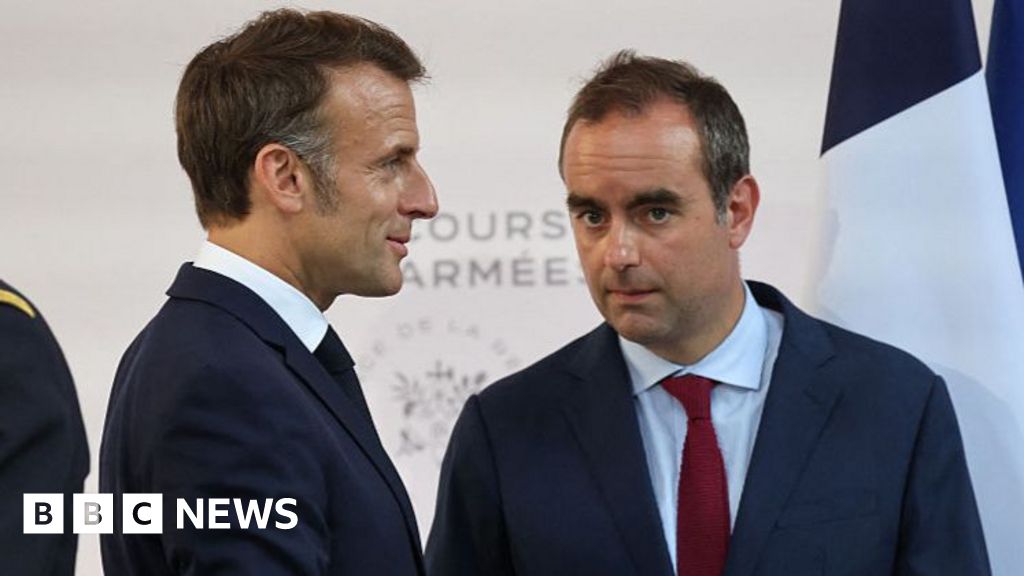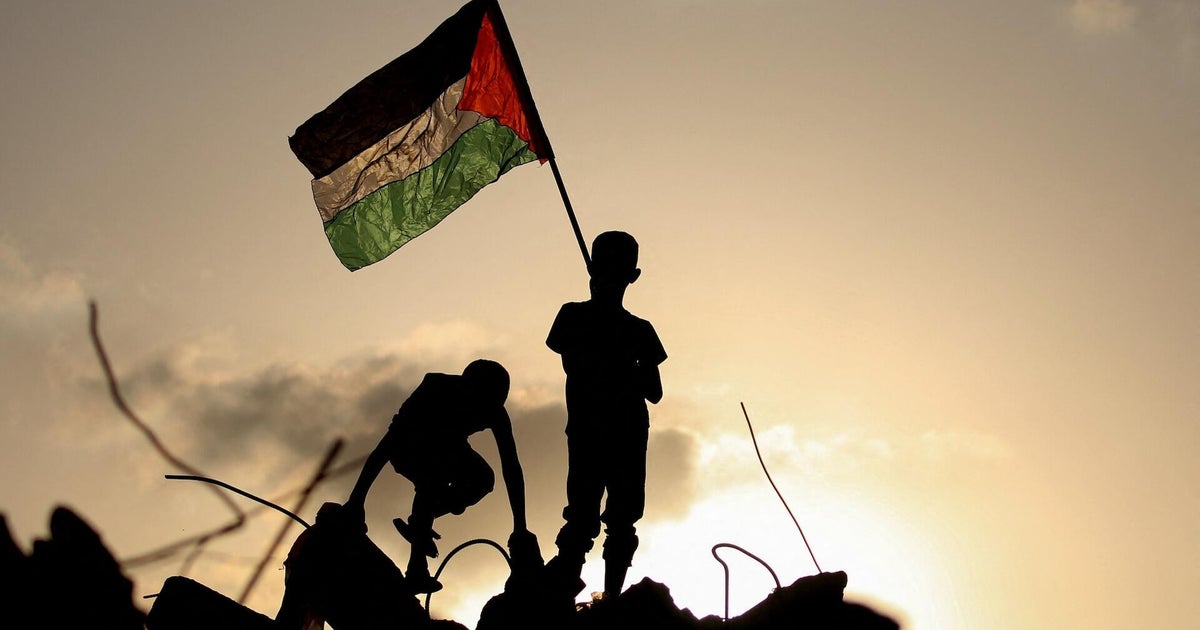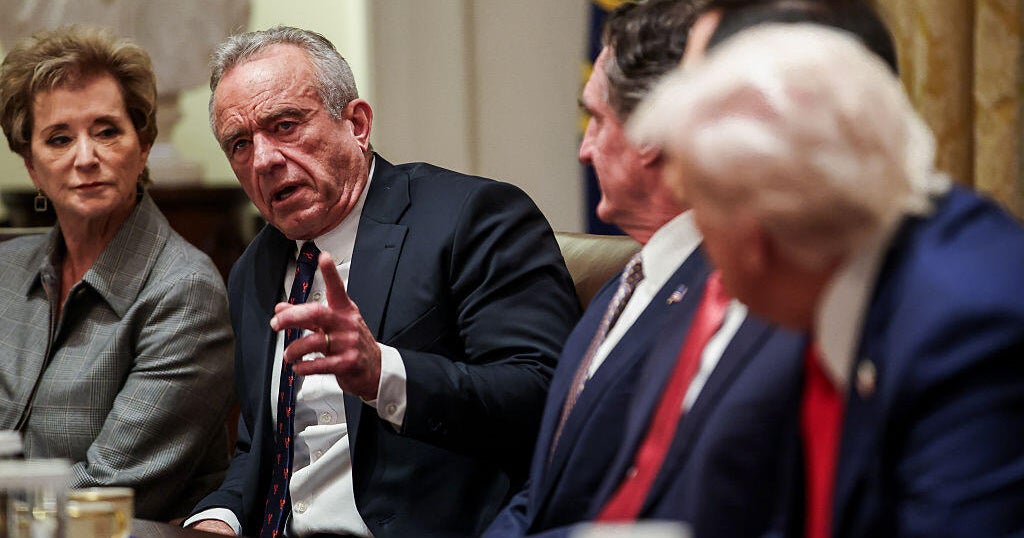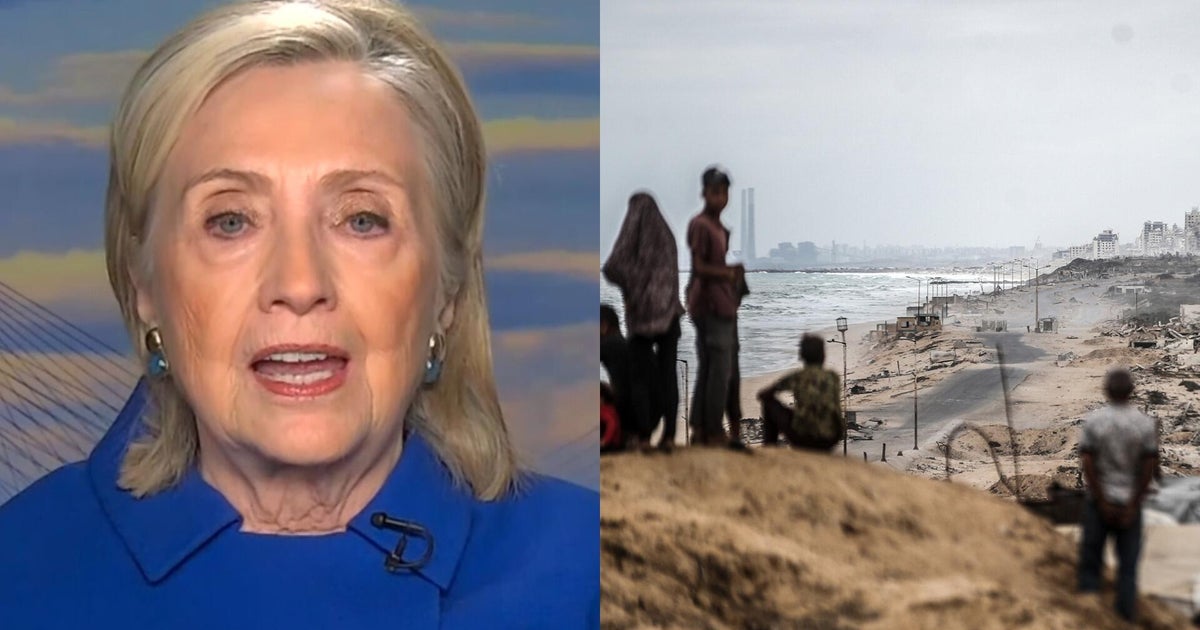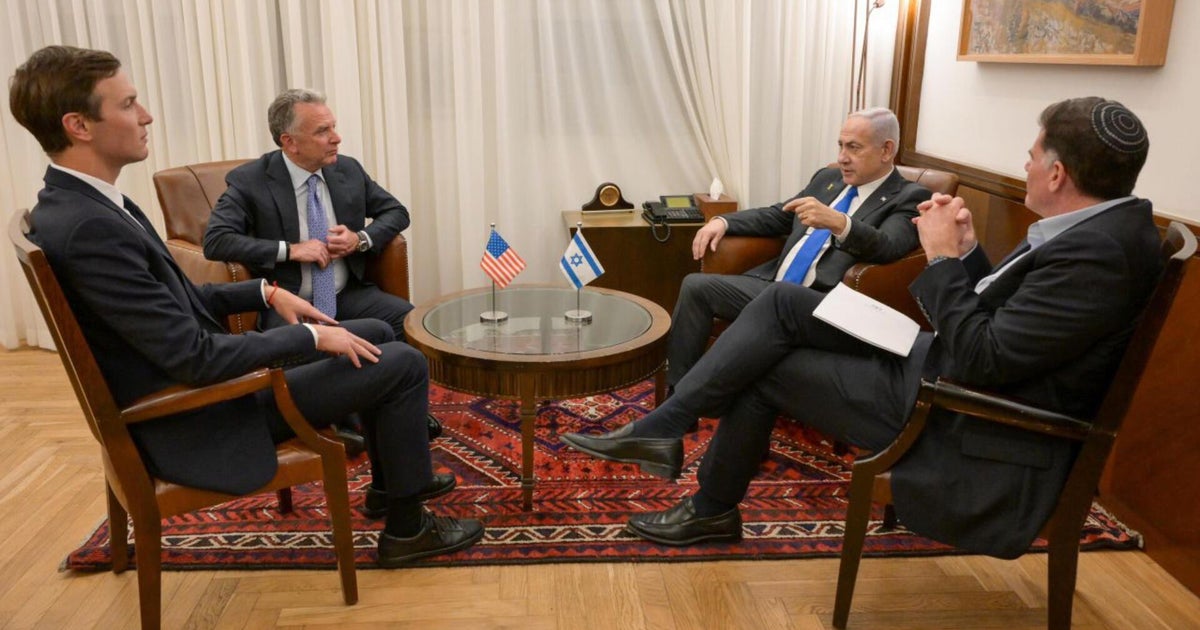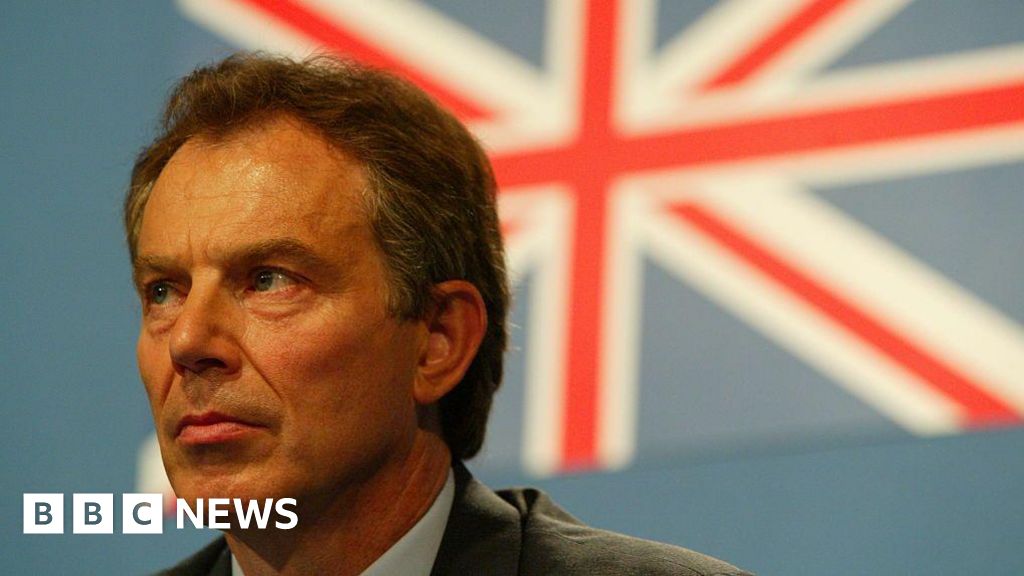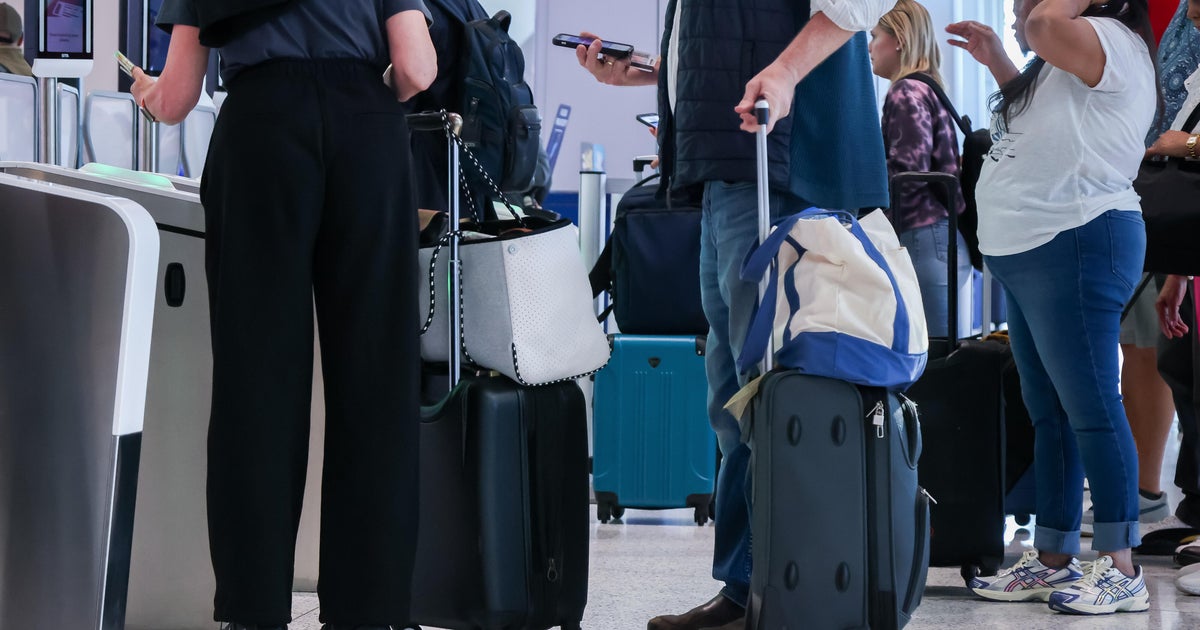After enduring excruciating pain for years and the removal of more than 100 skin cancers, Janet Williamson was adamant about ending her own life.
By then, cancer was ravaging almost every part of her body.
The disease had left the mother of three unable to walk. She told her family calmly and frankly about her decision to apply for a lethal medication through Victoria’s voluntary assisted dying (VAD) laws.

Janet Williamson died in May after months of agonising pain and an almost three-week delay for a specialist doctor appointment in Trafalgar.
But instead of ending her life on her terms, her family says the 61-year-old from Heyfield, a small town in Gippsland, died in May after months of agonising pain and an almost three-week delay for a specialist doctor appointment in Trafalgar.
Her sister, Simone Bradley-Smith, says Janet had hoped the appointment would have given her the final approval needed to grant her access to the law, but she died waiting.
“She battled so long and was in so much pain that once she made that decision to access the laws, it was like her body just gave up, and she needed somebody to care for her at all times,” Bradley-Smith says.
“To watch her suffer like she did at the very end was so upsetting and so frustrating for us as a family because we all supported her choice.”
‘To watch her suffer like she did at the very end was so upsetting ... we all supported her choice.’
Simone Bradley-Smith, Janet Williamson’s sisterVictorians warn that a shortage of doctors in rural areas hinders terminally ill people from accessing euthanasia support, despite sweeping reforms designed to bring the state’s assisted dying framework in line with other states.
The reforms, which include doctors being allowed to initiate conversations about voluntary assisted dying with patients, come after years of advocacy from doctors, families and coroners reviewing cases where people have taken their own lives – often violently – after being locked out of the scheme.

Janet Williamson (right) and sister Simone Bradley-Smith.
Families of rural Victorians who have tried to access the assisted dying laws say the reforms do not go far enough and some terminally ill people in the regions die before they can be approved for access to the medication to end their lives. Others are left fighting to access the medication in their final days.
They say bedridden and immobile people in intolerable pain are also forced to travel many hours from their regional homes to visit neurologists, oncologists and haematologists.
“Janet was so sick by the end ... she had to travel in the car for extended periods and be carried into her medical appointments,” Bradley-Smith says. “It was heartbreaking.”
Don’s fight to die on his terms
Don Wright understood better than most the fragility of life and inevitability of death.
A farmer from Gippsland, the 69-year-old knew when to fight for an animal’s survival and when the humane choice was to end suffering.

Don Wright on his farm with granddaughter Olive. Doctor shortages hindered his access to voluntary assisted dying.Credit: Suppplied
It was the same philosophy that shaped the way the father of three faced his own imminent death when his pancreatic cancer returned in 2022.
As his health deteriorated, his daughter, Amanda Mundy, says the family discussed the prospect of voluntary assisted dying.
“Dad was open to it, but put the idea aside, when he was still feeling relatively well,” Mundy says.
Don’s brother had succumbed to the same disease a decade earlier, and he knew the grim reality of what lay ahead.
When the cancer progressed and the pain became too much, Don was skin and bone, exhausted and in his own words as “weak as a lamb”.

Don Wright and grandson Ashton.
He told his daughter he had enough and wanted to access voluntary assisted dying.
What followed was weeks of bureaucratic red tape and heartache, including Mundy being told by a VAD navigator (a carer who assists the person) that her father had missed his window because he could no longer keep food down and would require a physician to administer the lethal medication.
This option was not available in the area Don lived due to a shortage of trained specialist doctors in rural and regional areas.
“I felt completely helpless,” Mundy says.
Loading
“We had spent six years fighting for him to live, and now we were fighting for him to die humanely in a battle I hadn’t realised would be even harder.”
Mundy began to desperately search online.
She recalls crying quietly on her bedroom floor so her toddler would not hear when she called Dying with Dignity, a not-for-profit, often volunteer-based group that advocates for and supports law reform to VAD.
The organisation’s president, Jane Morris, arranged for Don to fly to Melbourne and a doctor was willing to see him the following day, but he was too unwell to board the plane.
Don tried to access VAD again after being admitted to hospital. A member of the palliative care team was fiercely opposed to voluntary assisted dying, Mundy says, which left the farmer and his family devastated.
When Don’s gastrointestinal issues eased briefly, he was able to make another application for VAD.

Don Wright and granddaughter Olive.
He endured three more in-person visits to the doctor, with a wait of 14 days between the first and final appointments, due to lack of available accredited doctors.
“At the final appointment, two independent witnesses were present. One of them cried and told Dad she was glad to have met him,” Mundy says. “She saw what I saw: a decent man in unimaginable pain, desperate to end his life.”
Loading
The doctor’s report went to the VAD board, which promised an answer within three days. But the following week, there was still no word.
Eventually, the case was fast-tracked by the board and Don finally got the approval to end his life.
But his family were told they would have to wait five days for the medication to arrive at the farm.
Desperate to end the delays, Mundy contacted Dying with Dignity one last time, which was able to assist in getting two pharmacists to the farm within two days.
Those last two days were good ones. Don’s anxiety about a grim death lifted. He enjoyed visits with his children and his grandchildren.
“On the day the medication arrived, two pharmacists came to Mum and Dad’s home. They were the perfect combination of warm and professional,” Mundy says.
Loading
“When the visit ended, the pharmacists stood to leave. Dad got himself up out of the recliner, shuffling and using what little energy he had to move towards the door to see them off. He was appreciative until the end.”
He returned to his lounge chair, looked at his daughter and said quietly: “We should do it now.”
Within 20 minutes of the pharmacists leaving, Don died peacefully.
“The only thing harder than losing Dad was watching him suffer in his final months,” Mundy says.
Mundy says people who live regionally accept that some services are limited or that they must travel long distances to access them.
“But this cannot be the case when we are talking about the treatment of our most vulnerable,” she says.
Loading
“Yet, how can this be achieved when about 60 per cent of active VAD practitioners live within metropolitan Melbourne, which equates to 4 per cent of [land in] Victoria?”
At June 30, there were 423 euthanasia accredited practitioners, and 37 per cent of them practised in regional Victoria.
The Victorian government acknowledges there is work to be done to make the VAD laws fairer and more equitable.
“That’s why we’re growing and supporting the voluntary assisted dying workforce particularly in regional and remote parts of the state,” a spokesperson says.
If you are troubled by this report or experiencing a personal crisis, you can call Lifeline 131 114 or Beyond Blue 1300 224 636 or visit lifeline.org.au or beyondblue.com.au
Start the day with a summary of the day’s most important and interesting stories, analysis and insights. Sign up for our Morning Edition newsletter.

